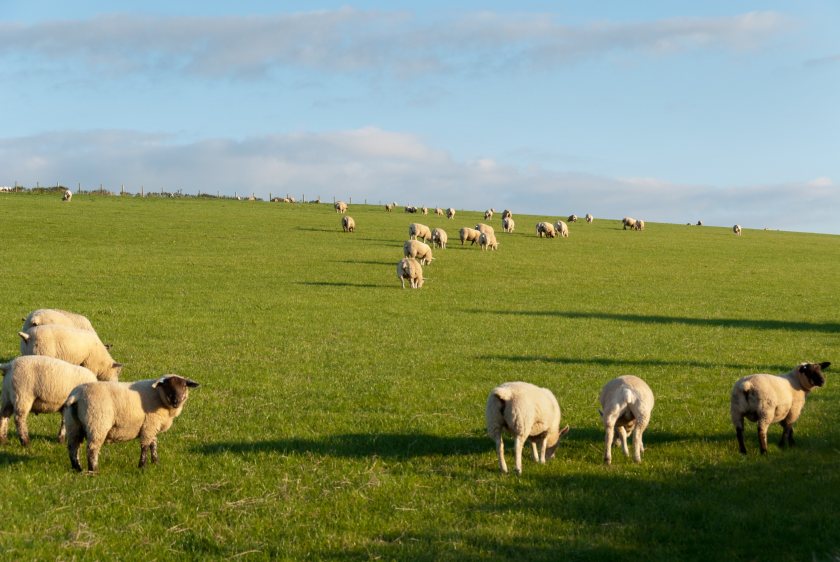
The government has extended its 'restricted zone' set up to curb bluetongue virus to seven more counties in England following an uptick in cases.
Defra said it had identified further bluetongue 'BTV-3' cases close to the edge of the original restricted zones, in place in East Yorkshire, Kent and East Sussex.
This means the new zone now covers all of Lincolnshire, Cambridgeshire, Bedfordshire, Hertfordshire, Greater London, Surrey and West Sussex.
As of Sunday (22 September), a total of 95 farms have now reported an outbreak of the disease since late August, which was this summer's first case.
Farmers and livestock keepers in the restricted zone must follow restrictions on animal and germinal product movements.
Susceptible animals cannot be moved out of the zone without a specific licence, and a general licence to move animals to designated abattoirs is also available.
However, movements within the restricted zone are permitted.
UK Chief Veterinary Officer, Christine Middlemiss said: “As the number of bluetongue cases continues to rise in England and northern Europe, we are taking prompt action to mitigate the spread of the disease.
“I urge farmers within bluetongue control zones to adhere to restrictions and remain vigilant to prevent the disease spreading to their herds.
“We appreciate the impact restrictions can have on farmers and are committed to working with everyone affected.
"We will continue to keep control zones under review as our understanding of the disease picture develops.”
Animal and Plant Health Agency (APHA) chief executive, Jenny Stewart, urged farmers and livestock keepers to be vigilant.
She said: “Since the first BTV-3 case for this season was detected last month, case numbers have continued to rise.
"I want to remind keepers of the importance of monitoring their livestock and taking up free testing where necessary.
“Scientists, vets and field teams from APHA are working hard to help tackle bluetongue virus and ensure farmers are kept up to date and supported.”
It follows confirmation of the disease in a single sheep on a farm in Norfolk in late August, which made it the first UK bluetongue case this summer.
Before this, in November 2023, government vets identified the first case of the disease in Britain since 2007.
The worsening situation follows the government's decision to permit the use of three bluetongue vaccines to curb infections.
The vaccines are suppressive, meaning they will reduce some of the clinical signs experienced by animals with the disease, but they do not prevent infection.
Bluetongue does not affect people or food safety, but outbreaks can result in prolonged animal movement and trade restrictions.
BTV is a notifiable disease. Suspicion of it in animals in England must be reported to the Animal and Plant Health Agency on 03000 200 301.
